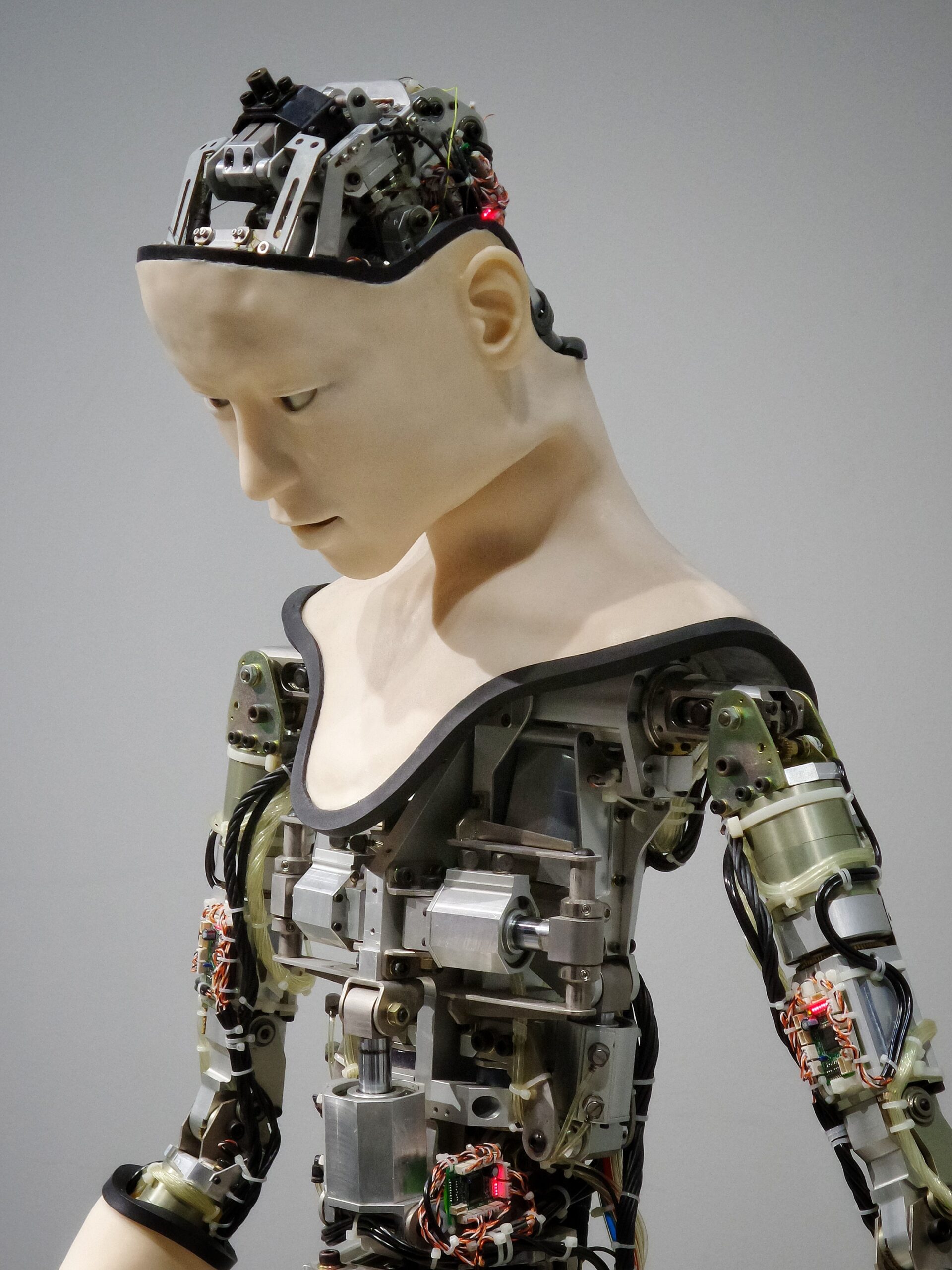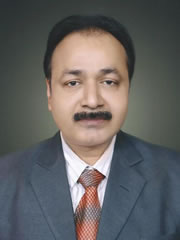Talking of ‘digital embodiment,’ what happens to the body when we ‘go digital?’ Do we gain the body, or do we lose the body or do our bodies get shattered? Do we lose our orientation? When we ‘go digital,’ can our bodies be digitally embodied? We need to extend Hubert Dreyfus, Maurice Merleau-Ponty and Don Ihde’s perspectives of the body in the digital world.
Our perceptual experience is transformed and changed in a digital world. Let us assume, if our bodies get extended in the digital world, does our perception also extend? In the context of ‘digital embodiment’: Can we better navigate the world by mediation or extension? We need to think about the ‘digital embodiment’ or notion of ‘embodiment’ in a digital world, as we are overwhelmed by the digital world. The digital world is increasingly taking hold of our lives. Are we ‘digitally embodied’ in a virtual world? The body is sensitized in the digital world. Virtual reality affects the body. Technology has virtualized the body and enables me to extend my reach. An extension requires the retention of the physical body. Merleau-Ponty (1965) describes this extension in his example of a blind man and the extension of the man’s sense of touch through his walking stick or using tools.

In a digital world, the experience we receive will be greatly influenced by the bodily dimension. For a moment, we do think our bodies get extended in the digital world, but what about human knowledge? How do we get the knowledge at a distance? Can human knowledge also mediate? If yes, this type of knowledge will be distorted.
New technologically enhanced human being opens up the social imagination of users to new worlds in which there is a redistribution of powers, such as powers to intrude into and manipulate the lives of others with or without their knowledge; powers to snoop, deceive, acquire resources secretly, defeat traditional rights and privileges as well as power to depose existing institutional authorities. It gives rise to questions like: How do technologies help to shape human ‘knowledge’ and understanding of the digital world? When human understanding and perception is mediated through technological devices, then is not the knowledge also mediated through the technological devices?
The Internet did for information what the automobile did for transportation – it opened up what was heretofore inaccessible. But, unlike the automobile and the interstate system, the internet did not just render distances pliable; it altogether eliminated distances. The world conveyed by the interactive computer has been dubbed ‘virtual’ because its location or features cannot be pinpointed in the tangible world. It exists within the relation between the machine and the user. We cannot place it inside the machine because it is not there unless we invoke it, and it is not wholly within our minds because we do not possess the hardware necessary to conjure it up…. In the computer, we can move throughout a constructed universe of our own making, on virtual paths invisible even as we tread upon them (cf. Rothenberg, 1993).
Technological extensions do have critical impacts on our digital society and culture, mostly such impacts go unnoticed. Tools are means of controlling and steering the interconnections between things and a device for coordinating shared human activities. The use of technology affects human behaviour in a digital world. In a ‘digital world,’ it is more difficult to see in what sense they are extensions (in the sense of Ernst Kapp and Marshall McLuhan) of our human organs. Instruments and artefacts tell the inadequacies of the human body. Technologies are the extension of our bodies. The technological form of life is part and parcel of culture, just as culture in the human sense inescapably implies technologies. Technologies have become extended sense organs, enabling the perception of realities. Complex technologies like digital technologies teach us new things about our perception and our relation to the world. Human perception is enhanced by incorporating new technologies, which has further implications for the digital world.
In Embodied Technics (2010), Don Ihde has addressed a number of perspectives on our embodied and mediated experience with and through contemporary technologies. He asks questions such as the following. How are different forms of knowing and perceiving the world mediated through digital technologies, and how is the digital world changing human perceptions of the world? Do such tools transform human experience in a digital world? These questions seem to me to be central to the philosophy of digital technology that links the social sciences and the humanities. How does science transform experience in our everyday life? How are bodies experienced, and how can forms of subjectivity and existence in their relations to multiple material forms be captured through anthropological, psychological and philosophical modes of investigation? Ihde has done so with his concept of the four relations between humans and technology in his Technology and the Lifeworld (1990). There he argues that human life has always been technological.

Figure 1. Ohlin & Olsson (2015). Human-technology relations.
For us, the question is not just how technology extends the body and senses but how technologies shape and are shaped by cultural and political contexts. Right now, our information age and digital interactivity are still human (body)-driven. Phenomenology theoretically explores the human experience. A technology without a conscience and/or a body would not find phenomenology useful or find experience important/necessary. The human body is not to be understood as a medium between me and the world. Rather, our primary being-in-the-world has the form of an embodied existence. Thus, we cannot first study the body, and next investigate it in its relation to the world. I would say, ‘we are navigating the world through our bodies.’ The world is given to us as bodily explored, and the body is revealed to us in its exploration of the world. The question that we need to ponder is, how does digital technology affect contemporary culture?




